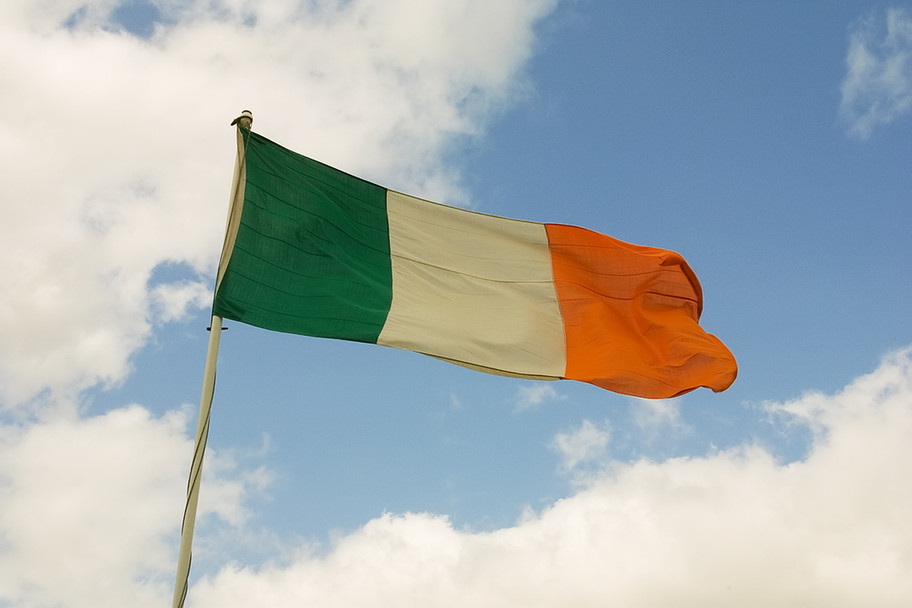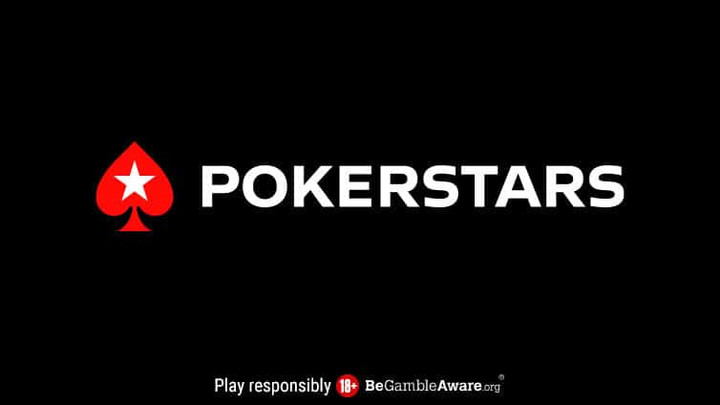Closing the gaps: Ireland’s gambling regulator GRAI to form industry panel for consultation

Wikimedia Commons
Ireland’s newly established gambling regulator (GRAI) will set up an industry panel to ensure its voice is heard, as the body carries out its remit to effectively monitor and provide oversight on the gambling sector.
The Gambling Regulatory Authority of Ireland (GRAI) was set up under the Gambling Regulation Act 2024 to oversee a modernisation of Ireland’s almost one-century-old betting framework.
To learn more, visit our responsible gambling at casinos page which also offers resources and advice on where to seek help if needed.
The legislation has been enacted and now the GRAI has been tasked with getting the job done.
As part of the new landscape, the entity headed up by CEO Anne Marie Caulfield will form a consultative panel of industry insiders to ensure two-way communication to set up and adhere to standards, as well as conveying the perspective of key industry players.
The CEO has been in her role since 2022, shaping the body to meet its objectives, while seven staff members came on board earlier this month, as the GRAI officially came into force.
Caulfield detailed that much of the framework to be delivered will come via public and industry consultation, and within that, there will be a role for the panel.
To that effect, the CEO has already met with a number of the major gambling operators as well as some smaller companies.
Further perspectives will be sought, including a “lived experience panel” to provide counsel on behalf of those who have suffered gambling harm.
There has been some concern expressed that a rigid, overreaching regulator could have an adverse impact, as opposed to effective oversight, including a lack of gambling sector-specific knowledge.
This view could be heightened with the makeup of the seven appointments to the GRAI.
None have significant professional experience on gambling matters, with one being a senior psychologist and clinical lead on addiction services. Another representative was a former media commissioner, and another was a CEO at the Government’s procurement office.
Irish-based gambling lawyer Carlo Salizzo previously shared the industry perspective that the regulator would need to be educated on specific gambling rules and measures required.
“Stakeholders I’ve spoken to are concerned that they are going to have to educate the regulator on how the industry works, in particular in the gaming sector.
“I think less so in other sectors where there may be more modern regulatory experience to draw on, but that’s not to say that there isn’t a steep learning curve there as well,” he said.
CEO Caulfield also declared that the regulator is “not going to entertain” lobbying from the sector.
“We have a lobbying register in Ireland and if companies do approach us, I’m one of the designated officials in that legislation. They’re legally obliged to register that they have approached me with a view to getting something changed.”
Ireland’s Regulation of Lobbying Act in 2015 was a fresh draft to establish rules on lobbying within the democratic process.
The law stipulates that if a minister or “designated public official” is courted by a lobby group, it must be registered with transparency on its backers and objectives.
If groups do not adhere to the act, sanctions and financial penalties can be issued.
“From our perspective, the legislation is there now, and we’re going to implement it strongly and robustly,” Caulfield said.
The CEO also warned that there would be “very severe penalties” issued to gambling operators if they do not comply with the rules of the new regulator.






 “Irresponsible” PokerStars ad featuring UK social media influencers banned by ASA
“Irresponsible” PokerStars ad featuring UK social media influencers banned by ASA
 Gordon Moody announces International Gambling Harms Awareness Day 2025
Gordon Moody announces International Gambling Harms Awareness Day 2025
 Evoke behind on 2025 budget; but iGaming grew 9% in 2024
Evoke behind on 2025 budget; but iGaming grew 9% in 2024
